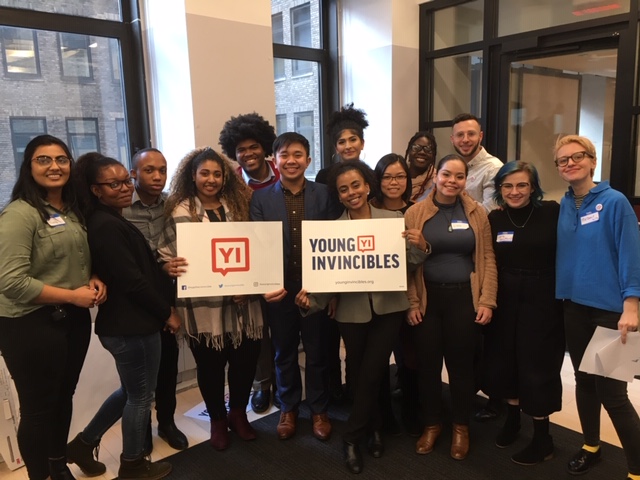
Nearly two-thirds of students who enter the City University of New York’s (CUNY) four-year colleges are transfer students. Nationwide, we know that transfer students face unique challenges to college completion: students who began in community college are less likely to obtain a bachelor’s degree than comparable students who started in four-year colleges. Yet, despite the hurdles transfer students face, research shows that transfer students are more focused on degree completion — underscoring the need to better align transfer policies with students’ academic commitment.
One program that helps CUNY’s community college students persist and prepare for a four-year college experience is CUNY’s Accelerated Study in Associate Programs (ASAP). CUNY ASAP is a free-college model that provides students with not only a tuition waiver, but also a free monthly MetroCard, support with paying for textbooks, and individualized advising for ASAP students. Research shows that students in ASAP graduate at rates double that of their peers.
We asked current New York City college students about their experiences with the CUNY ASAP program, and how it impacted their ability to transfer to a bachelor’s degree program. A few key themes emerged, and are listed below. Do you have a story about how the CUNY ASAP program supported you during the transfer process? Please share it in our story form.
Individualized advising sets students up for success — including a successful transfer.
“Many people helped and supported me throughout my transfer process. My professors were supportive and encouraging, my adviser from ASAP cheered for me from day one, and the Transfer Office answered any questions that I have and helped me figure out how one should approach the transfer application from different schools.” – Paola Cruz, transferred from LaGuardia Community College to Columbia University
“Making my plan early so I can prepare was something I learned with ASAP. I was taught that planning everything in advance would set me up for future success.” – Zaret Perez Cortorreal, transferred from Borough of Manhattan Community College to Lehman College
“No one in my family had graduated from college, things in my life were unstable, and I didn’t expect my higher education to be any different. My ASAP advisor from Borough of Manhattan Community College would email me every couple of weeks to remind me that I had to start considering senior colleges, and during every meeting, he always asked me, “Lyric, have you been looking at potential senior colleges?” – Lyric Young, transferred from Borough of Manhattan Community College to City College
Getting support with non-tuition costs, like textbooks and transportation, help students persist in college.
“When I was in LaGuardia Community College, I never had to worry about [transportation costs]. ASAP not only covered my tuition in LaGuardia, but also provided me with a MetroCard, and textbook vouchers. ASAP covered everything that I needed, thus helping me graduate with ease and with flying colors. I was also able to focus on my studies while keeping my job. At Columbia, they only offer limited MetroCards during the change of program period, midterms, and finals.” – Paola Cruz, transferred from LaGuardia Community College to Columbia University
Adjusting to a four-year college is a huge transition, particularly if you’re first in your family to attend college.
“Being a transfer student, especially from a foreign college, has not been easy, from having to deal with mandatory yet unreliable standardized testing criteria, inconsistent transfer credential evaluations, to the sudden academic culture shift, and the often inadequate transfer advisement process across academic institutions, public or private. These all take its toll on students’ graduation rates, self-esteem, mental health, finances and even their potential for workforce development. To put it simply: If we indeed want every student to be successful in the future and contribute to the nation as skilled professionals, why are we making it more difficult for them to achieve it?” – Romy Robielos II, transferred from Borough of Manhattan Community College to New York City College of Technology (City Tech)
“I began attending Columbia [University] in Fall 2018. My first two semesters were difficult partly because of my commuting situation. I’m a work-study student, so during my first semester, I had to take a night shift that ended at 9 pm, so I would get home at 11 pm since I live in College Point, Queens… As the head of the household, I never considered living on-campus because of how expensive campus housing is.” – Paola Cruz, transferred from LaGuardia Community College to Columbia University
“After I had finally graduated from my two-year program, I was entirely alone. Trying to submit the necessary registration forms was a nightmare. From registration to financial aid, to their orientation, nothing would ever go smoothly. Initially, I tried my best to just go with what was being thrown at me. It was stressful but I didn’t let it get the better of me.” – Lyric Young, transferred from Borough of Manhattan Community College to City College
